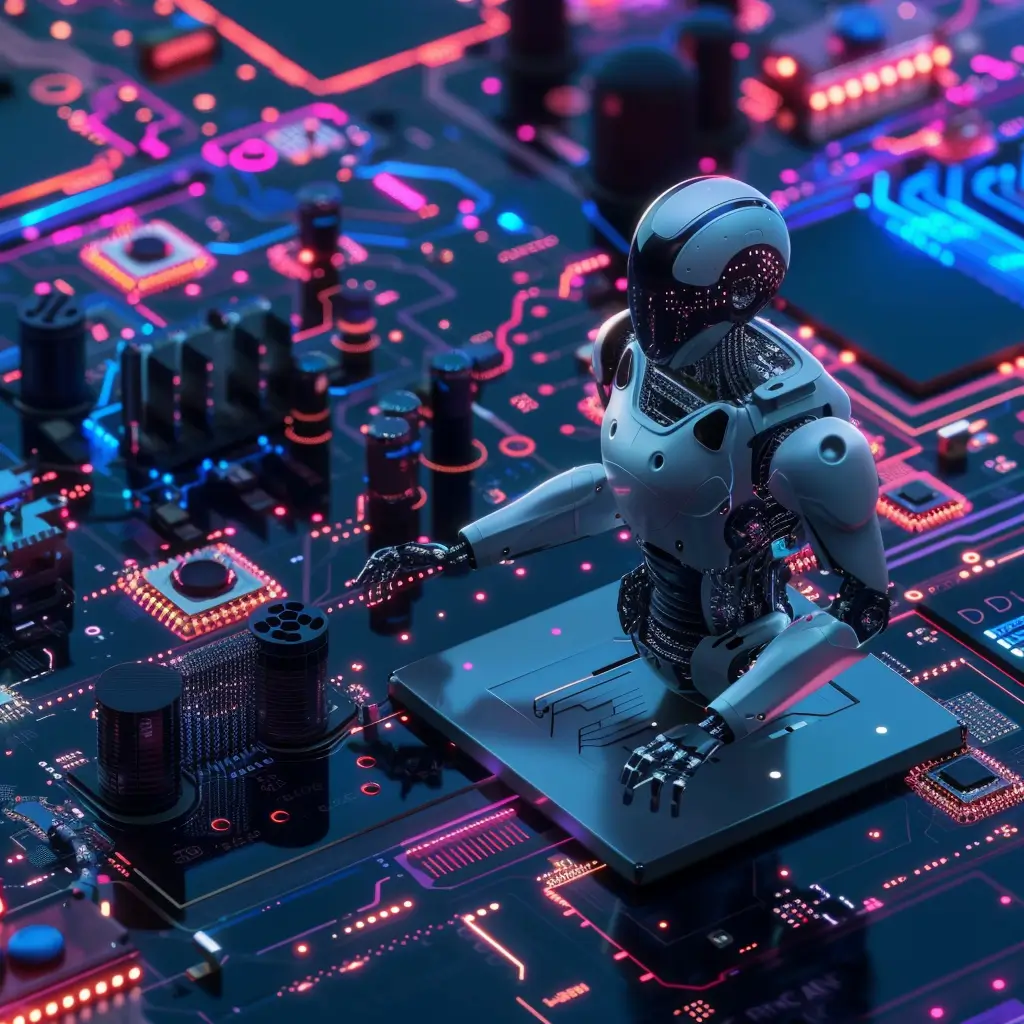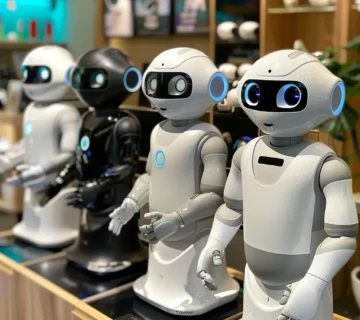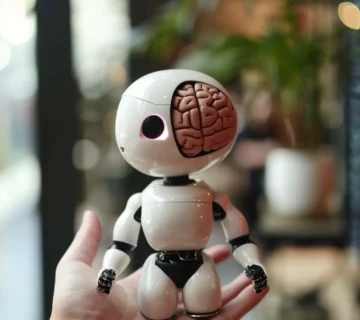Artificial Intelligence (AI) is reshaping the landscape of consumer electronics, bringing unprecedented convenience and efficiency to everyday gadgets. AI technologies, from smart home devices to personal assistants, drive innovation and transform user experiences. This article explores how AI is integrated into consumer electronics, highlighting the latest advancements and their implications.
The Role of AI in Consumer Electronics
AI in consumer electronics is about making devices more intelligent, intuitive, and better at anticipating user needs. AI algorithms process vast amounts of data to learn and adapt, providing personalized experiences. Key areas where AI is making a significant impact include:
- Smart Home Devices: AI-powered devices like smart thermostats, lighting systems, and security cameras learn user preferences and habits, optimizing energy use and enhancing security.
- Personal Assistants: Voice-activated assistants such as Amazon’s Alexa, Google Assistant, and Apple’s Siri utilize AI to understand and respond to voice commands, manage tasks, and control other smart devices.
- Entertainment Systems: AI is used in smart TVs and streaming devices to recommend content based on viewing history, creating a tailored entertainment experience.
Latest Advancements: GPT-4o
One of the most exciting advancements in AI is the release of GPT-4o, a state-of-the-art language model developed by OpenAI. GPT-4o pushes the boundaries of natural language understanding and generation, making interactions with AI more seamless and human-like. This technology has profound implications for consumer electronics:
- Enhanced Personal Assistants: GPT-4o enables more natural and context-aware conversations, improving virtual assistants’ capabilities in understanding and executing complex commands.
- Smart Home Integration: With GPT-4o, smart home systems can better understand context and nuances in user instructions, offering more accurate and efficient control over household devices.
- Customer Support: AI-driven customer service bots powered by GPT-4o can provide more accurate and helpful responses, improving customer satisfaction and reducing the need for human intervention.
AI in Home Appliances
AI integration in home appliances is another significant trend. Modern refrigerators, washing machines, and vacuum cleaners are becoming more innovative, offering features such as:
- Predictive Maintenance: AI can predict when an appliance might fail or require maintenance, alerting users beforehand and preventing breakdowns.
- Energy Efficiency: Smart appliances adjust their operation to optimize energy use, contributing to cost savings and environmental sustainability.
- Enhanced Functionality: AI enables appliances to learn user preferences and usage patterns, offering customized settings and recommendations.
Security Concerns and AI
While AI brings many benefits, it also raises security and privacy concerns. As smart devices become more integrated into daily life, they collect and process large amounts of personal data. Addressing these concerns involves:
- Data Encryption: Ensuring that data transmitted between devices and cloud servers is encrypted to prevent unauthorized access.
- User Consent: Providing clear information about data collection and obtaining user consent.
- Regular Updates: Keeping software updated to protect against vulnerabilities and cyber threats.
The Future of AI in Consumer Electronics
The future of AI in consumer electronics is bright, with continuous advancements promising even more innovative and efficient devices. Emerging trends include:
- AI in Wearables: Smartwatches and fitness trackers will offer more accurate health monitoring and personalized fitness recommendations.
- AI in Augmented Reality (AR) and Virtual Reality (VR): Enhancing user experiences in gaming, education, and remote work environments.
- Collaborative Robots: AI-driven robots that can work alongside humans, assisting with household chores and other tasks.
FAQs
How does AI improve smart home devices?
AI improves smart home devices by learning user preferences and habits, optimizing energy use, enhancing security, and providing personalized control over household systems.
What is GPT-4o, and how does it impact consumer electronics?
GPT-4o is OpenAI’s latest language model, enhancing natural language understanding and generation. It improves personal assistants, smart home integration, and customer support in consumer electronics.
Are there security concerns with AI in consumer electronics?
Yes, security concerns include data privacy and protection. Addressing these involves data encryption, user consent, and regular software updates.
How do AI-powered home appliances benefit users?
AI-powered home appliances offer predictive maintenance, energy efficiency, and enhanced functionality, providing customized settings and usage recommendations.
What is the future of AI in consumer electronics?
Advancements in wearables, AR/VR, and collaborative robots promise more innovative and efficient devices in the future.



